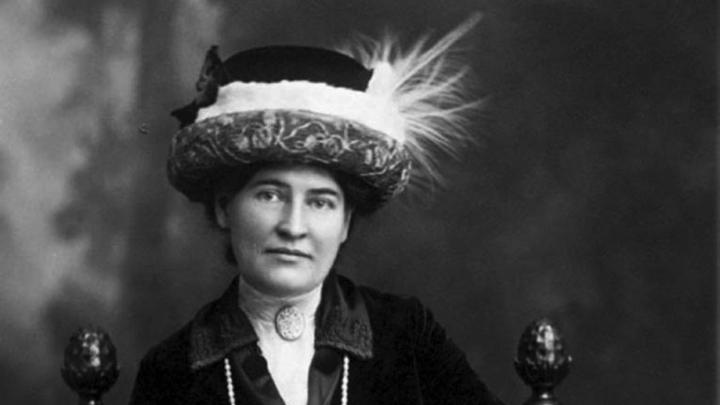Harvard Business School has a venerable tradition, anchored in its general-management unit, of drawing on the humanities to illuminate problems in capitalism (see “Questions of Character,” July-August 2006). Now Mizuho Financial Group professor of finance Mihir A. Desai, an expert on taxation, aims to “humanize finance” through literature, history, and more. His new book, The Wisdom of Finance (Houghton Mifflin Harcourt), is an effort to rescue the field from excessive focus on self-enrichment; along the way, Desai also applies financial tools to the humanities. Recoiling from the villains like Theodore Dreiser’s Financier and Gordon Gekko, he makes this discovery, from the final chapter of O Pioneers!
…Willa Cather’s portrait of Alexandra Bergson is the story that truly belongs in every finance textbook. Alexandra is a first-generation immigrant from Sweden living on the plains of Nebraska, responsible for a family farm and three younger brothers at the turn of the last century. She is a model financier who employs many of the lessons of finance without slipping into the traps that those antiheroes do.
Consider Alexandra: just as her brothers exhort her to sell their land at rock-bottom prices during a crisis, she proposes…using leverage to go in the exact opposite direction by buying more nearby land.…Her complex financing plan, which involves mortgaging the homestead, features debt service payments well into the future that will only work if she’s right about the future of land prices.
…How does she assess the risks? She samples. She and her youngest brother, Emil, take a trip to explore all the neighboring counties and “talked to the men about their crops and to the women about their poultry.…She learned a great deal.”
She discovers option value in the nearby land. Other properties hold limited risk and limited return. “Down there they have a little certainty, but up with us there is a big chance.”…
Her brother Lou seeks certainty about her prediction: “But how do you know that land is going to go up enough to pay the mortgages?” Alexandra knows that the risk is insoluble and replies, “I know, that’s all. When you drive over the country you can feel it coming.” Experience and imagination allow her to confront the uncertainty.…
Finally, as Alexandra contemplates what to do with her land and the legacy of her success after she is gone, she considers gifting it to her nieces and nephews.…“The land belongs to the future…; that’s the way it seems to me. How many of the names on the county clerk’s plat will be there in fifty years? I might as well try to will the sunset over there to my brother’s children. We come and go, but the land is always here. And the people who love it and understand it are the people who own it—for a little while.” She understands herself to be a steward, a link in an ongoing chain, charged with taking care of resources.…
For Cather, there are ultimately only a few stories that all of our lives end up resembling. Some of them, as we’ve seen, are tales of hollow accumulation and insatiable desire. Some are tales of heart and hard work. It is up to us to choose amongst them wisely. I recommend Alexandra Bergson’s story.









